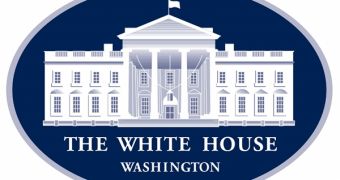The new administration of the United States under President Barack Obama has released its agenda for Homeland Security. Amongst several strategies that aim at protecting the information networks, it announces the plan to name a national cyber advisor who will report directly to the president.
The new Homeland Security agenda outlines goals for defeating and preventing terrorism, protecting the country from nuclear and biological attacks, improving intelligence gathering and modernizing the infrastructure. According to the document, for the purpose of “strengthening the federal leadership on cyber security,” the new White House cyber advisor will coordinate “federal agency efforts and development of national cyber policy.”
The new administration considers that the country's IT infrastructure is strategically important for the development of new technology, and acknowledges that trade secrets and research details are constantly being stolen because of a poor security strategy. To address this, the administration wants to work with industry researchers and academics, in order to develop hardware and software with better security.
Furthermore, other goals in this area include establishing new security standards in collaboration with the private sector, preventing corporate cyber-espionage, enforcing better personal data security policies and closing untraceable online payment services used by criminals. Training law enforcement officials on how to better investigate and prosecute cyber crime is another important goal mentioned in the agenda.
“Barack Obama and Joe Biden – working with private industry, the research community and our citizens – will lead an effort to build a trustworthy and accountable cyber infrastructure that is resilient, protects America's competitive advantage, and advances our national and homeland security,” the document reads.
Much speculation regarding potential changes in information security policies has been made, both before and after the presidential elections. It looks like the Obama administration has demonstrated that it is receptive to the proposals made in this respect by computer security experts.
In December 2008, the Center for Strategic and International Studies released a 96-page report titled “Securing Cyberspace for the 44th Presidency.” One of most intriguing recommendations made in the report, drafted by over 60 security experts from both the public and private sectors, was the appointment of a cyber security chief, who would report directly to the president.

 14 DAY TRIAL //
14 DAY TRIAL //